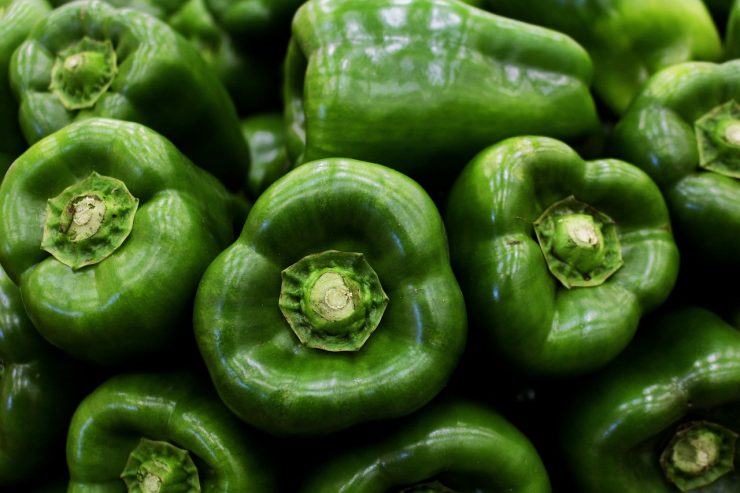Recently, Consumer Reports shared some fresh insights from their latest study on pesticides in our everyday fruits and veggies. They’ve been busy analyzing seven years of data from the Department of Agriculture, which included both conventional and organic produce from here and abroad.
They took a good look at 59 types of produce, like the stuff we see in cans, dried, or in the freezer aisle.
Now, while they did stumble upon some concerns—like spotting a pesticide on green beans that should have been off the shelves for over a decade—there’s also some good news. Dr. Michael Hansen, a savvy scientist with Consumer Reports, shared that although some nasty pesticides have been replaced by even nastier ones (something they call “regrettable substitution”), it’s not all doom and gloom.
In fact, about two-thirds of the produce they checked out was pretty much A-OK, especially the organic selections. They did find, however, that a few bad apples (or pesticides, in this case) seem to be causing the most trouble, but luckily, they’re only found in a handful of the food items we eat, grown on just a small slice of our farmland. This helps the experts zero in on the problems to whip up some targeted solutions.
Among the more troubling finds were 12 types of produce that had them a bit more worried…
…like bell peppers and blueberries, along with a few others including kale and spinach. Interestingly, it’s not that these fruits and veggies always have loads of pesticides, but when they do, they’re the really worrisome kinds.
Take green beans, for example. Only about 4% of the green beans from the U.S. had residues of a particularly concerning pesticide, but the levels were pretty alarming when present. This is even though using those chemicals on green beans has been a no-go for years now!
Consumer Reports suggests that kiddos and expectant folks might want to ease up on these high-risk fruits and veggies, and maybe go for the organic versions, which have way fewer pesticides. Buying organic helps in more ways than one, not only keeping our bodies safer but also supporting farm workers and protecting our environment.
And don’t forget, washing your produce is always a good move, although it won’t solve all your pesticide problems since these chemicals are usually applied while the crops are still growing. They’re hoping for some legislative changes to help phase out these risky pesticides for good.
But here’s the kicker, as Brian Ronholm, who heads up food policy at Consumer Reports, points out: most of our fruits and veggies are grown without these harmful pesticides anyway, and we’d all be better off without them. And, as Hansen reminds us, it’s not about cutting out fruits and veggies altogether—they’re packed with nutrients and totally worth eating. Just maybe think a bit more about how you pick them.
If you feel bloated, tired, or fat…try this
One of America’s top doctors is hoping you’ll read this before you set foot in another grocery store.
Renowned cardiothoracic surgeon Dr. Steven Gundry has found an “invisible problem” affecting almost everything we eat. But almost nobody knows it’s happening — except the big food companies responsible for it.
And Dr. Gundry’s research shows it could be the true cause of low energy, digestive issues, and unwanted weight gain in millions of Americans over 35.
But that’s not even the worst part.
“Because this problem has flown under the radar for decades, there are no rules to protect us. Nobody is stopping these companies from doing this to our food,” says Dr. Gundry.
He exposes exactly what’s happening — and what you can do about it — in a new whistleblowing video report that reveals his shocking research.
“Once you’ve seen this,” Dr. Gundry says, “you’ll never buy groceries the same way again.”
In his free video, Dr. Gundry reveals a new method for protecting yourself and your family from this little-known problem affecting food all across America.
It’s a technique he’s been using himself — and at age 73, he says it’s the reason he looks and feels decades younger.
The video has quickly gone viral, with thousands of people saying they’ve been using Dr. Gundry’s simple discovery at breakfast every day.
And as a result, they report having more energy, improved digestion, more comfortable joints, and a slimmer waistline.
Dr. Gundry has granted permission for us to share the full video below, completely free.
“Every American should have this information,” he says. “And if this video opens your eyes to what’s happening out there, I hope you’ll share it with your loved ones.”












